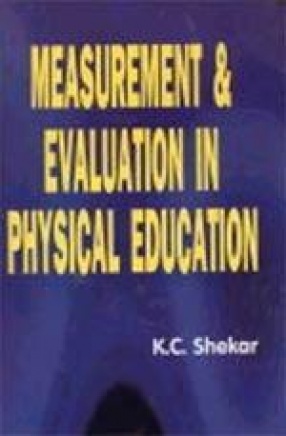This handbook is based on the premise that diversity should not be used to segregate and that inclusive schools help the development of communities where all children are equally valued and have the same opportunities for participation. The first of its kind in the Indian context, this volume bridges the gap between the theory and practice of ‘inclusive education’. It brings together varied models, experiences, first person accounts, and success stories and presents definite strategies in the day-to-day practice and implementation of inclusive education. The book is divided into three units. The first gives an overview of the concept and practice as also the legal and policy aspects of inclusive education. The second describes innovative practices in the implementation of inclusive education for children with a wide range of disabilities, such as: Hearing impairment ;Visual impairment ; Orthopedic impairment ; Learning disability ; Cerebral Palsy ; Intellectual impairment ; Autism spectrum disorders. The last unit discusses current developments in the field of inclusive education and describes what a ‘real’ inclusive school should be like. This handbook will be an extremely useful resource for all who are involved with inclusive and special education–teachers and educationists, policymakers, school administrators, and parents of children with disabilities and special educational needs. It will also be of interest to social workers, psychologists and activists working for and with disabled children.
Handbook of Inclusive Education: For Educators, Administrators, and Planners: Within Walls, Without Boundaries
In stock
Free & Quick Delivery Worldwide
Bibliographic information
Title
Handbook of Inclusive Education: For Educators, Administrators, and Planners: Within Walls, Without Boundaries
Author
Edition
1st ed.
Publisher
ISBN
8178294044
Length
309p., Figures.
Subjects





There are no reviews yet.